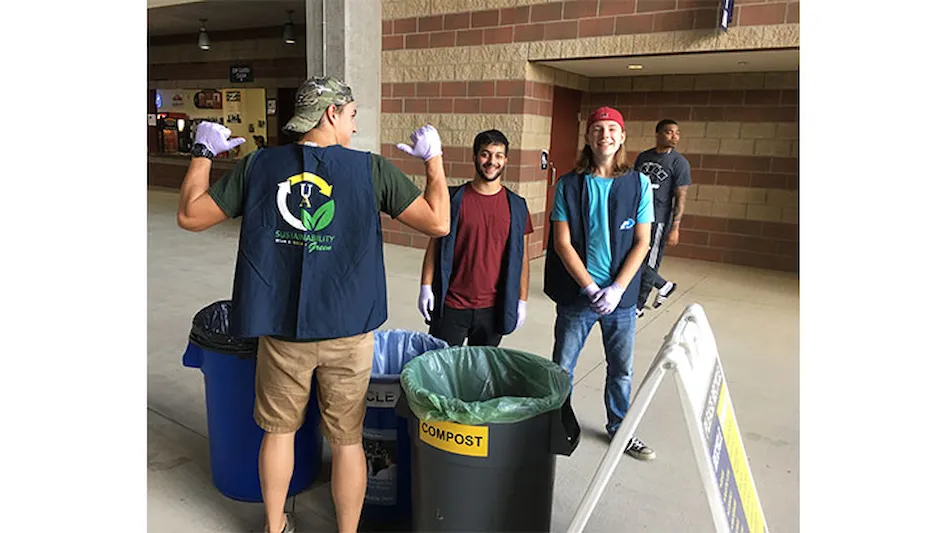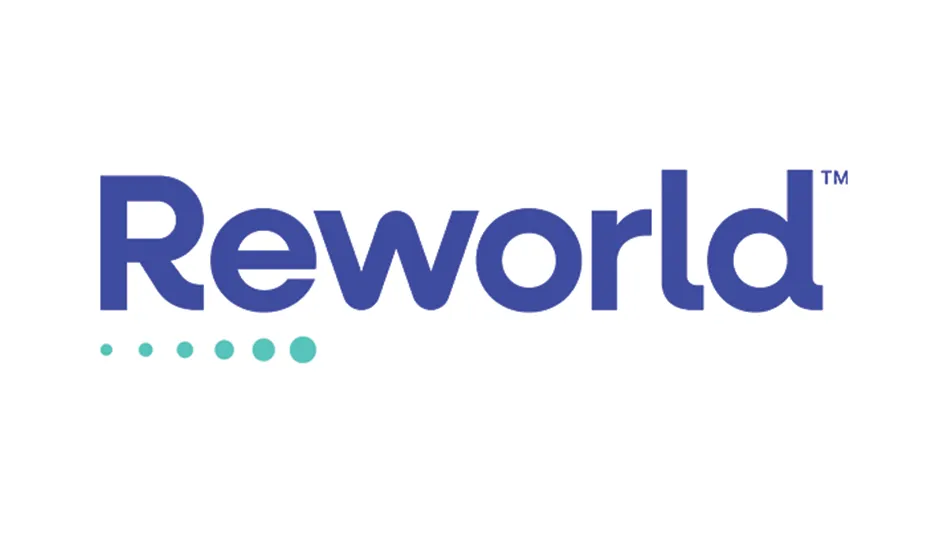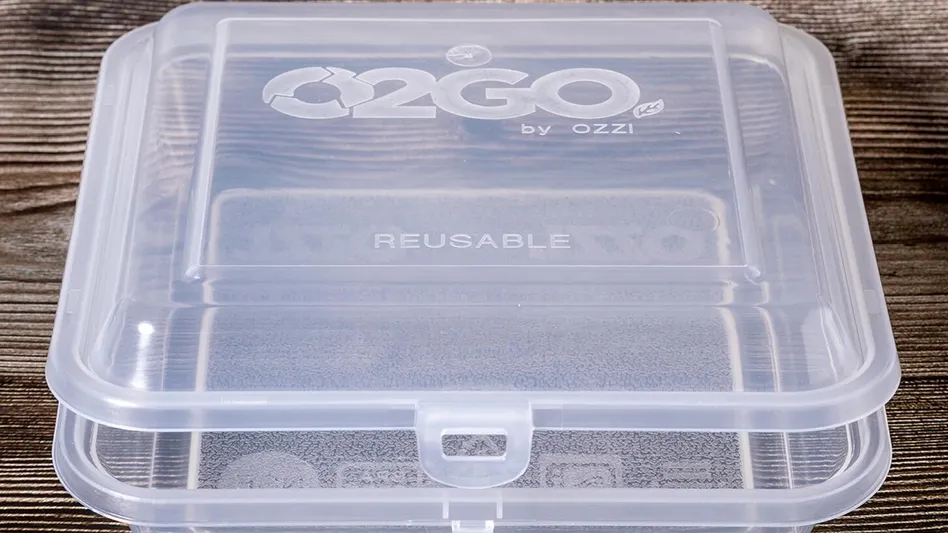
South Carolina’s Clemson University may have come within a victory of making it to the College Football Playoff National Championship, but the school’s football fans can claim to be co-champions of the 2017 GameDay Recycling Challenge (GDRC), the national collegiate football recycling competition. Clemson fans share the honor with those of the University of Akron in Ohio.
The GameDay Recycling Challenge is produced through a partnership among the College and University Recycling Coalition (CURC), Keep America Beautiful (KAB), RecycleMania Inc. and the U.S. Environmental Protection Agency.
Clemson University was the national champion in the Total Recycling category, with 98,521 pounds of material recycled, composted or donated, while the University of Akron was the national champion in the Diversion category (recycling, plus organics composting and recovery as a percent of total trash), with a 93.57 percent diversion rate. Clemson previously won the Total Recycling category in 2014 and came in second place in 2015 and 2016. The University of Akron wins the Diversion category for the first time after previously finishing in the top five, nationally, every year since 2013, according to a news release from KAB, which is based in Stamford, Connecticut.
“Clemson set the bar high with last year’s GameDay Recycling Challenge, so beating our 2016 recycling numbers was both challenging and exciting,” says the university’s Recycling Manager Dave VanDeventer. “Participating in the competition is a way to push ourselves, and we are proud of how we improved upon last year’s system; we were able to decrease our labor hours and still increase our recycling rate.”
He adds, “We would not have been able to achieve our GameDay recycling goals without the hard work of the recycling team and the support of the Clemson community.”
The GDRC pitted 70 colleges and universities in competition designed to engage college football fans to see who could recycle the most and reduce the most waste. The competition reached 8.7 million fans at 181 games, based on reported stadium attendance numbers, KAB says. Participating schools recycled or composted 2.06 million pounds of game-day waste during the fall season, which broke down to recycling more than 1.5 million pounds of bottles, cans, paper, cardboard and other materials, KAB says. In addition, more than 540,000 pounds of organic materials were composted or recovered, including pre- and postconsumer food waste and compostable serviceware. These collective efforts prevented the emission of 2,410 metric tons of carbon dioxide equivalent of greenhouse gases, equivalent to removing more than 500 cars from the road for a year.
“GameDay Recycling Challenge is something my staff looks forward to participating in every year,” says Andrew Henry, University of Akron manager of recycling, grounds, special services, parking and athletic maintenance. “We are using lessons learned during the challenge, such as the strategy used to increase composting during game-day events, and using them in other campus waste diversion initiatives.”
KAB explains that the GDRC ranks participating schools based on the quantity of recyclables, food organics and other materials diverted from the landfill at college football stadiums and tailgating areas. During the competition, schools tracked weights for individual games, with the totals used to rank schools nationally and by athletic conference.
The complete list of national and conference winners is available at http://gamedaychallenge.org.
“Congratulations to the Clemson Tigers, Akron Zips and all the schools that participated in this year’s competition,” says Brenda Pulley, KAB senior vice president of recycling. “Beyond the waste recovered on game days, the full impact of these efforts comes from the fans who were encouraged to continue reducing, recycling and composting waste throughout the year.”
Latest from Recycling Today
- Novelis quarterly, full-year net sales down; CEO reports ‘strong improvements’
- Meeting the decarbonization challenge
- Cyclic Materials expands leadership team
- Paper cup acceptance at US mills reaches new milestone
- EPA announces $3B to replace lead service lines
- AMCS showcasing Performance Sustainability Suite at WasteExpo
- New Way and Hyzon unveil first hydrogen fuel cell refuse truck
- Origin Materials introduces tethered PET beverage cap





